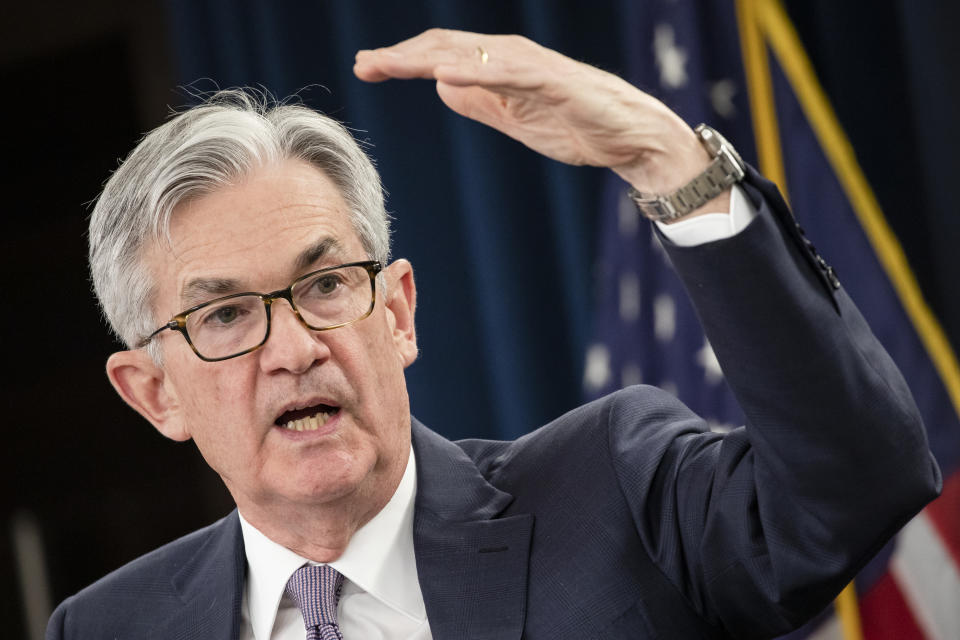Economists pull back odds on a recession in 2020

A panel of economists now say that a recession is less likely than the same panel forecast last year, adding that the Federal Reserve was able to steer clear of a downturn with its three interest rate cuts last year.
The National Association for Business Economics (NABE) reported Monday that only 13% of the business economists surveyed expect a recession this year. The same time last year, 42% of respondents said they expected a recession in 2020.
Instead, about 74% of the respondents said their forecasts had a recession coming in 2021 or later.
The survey collected 210 responses during the last week of January and the first week of February, meaning the survey was conducted when the coronavirus outbreak was only beginning to spread.
Economists approve of the Fed’s monetary policy
The economists appeared to be pleased with the Fed’s efforts to steer clear of a recession.
Last year, the Federal Open Market Committee cut rates three times for a total of 75 basis points. At the time, the Fed cited concerns over trade policies and geopolitical tension, adding that inflation was running below its 2% target.
Almost two-thirds, or 63%, of the surveyed NABE members said the Fed now has monetary policy right for the U.S. economy.
The NABE members said some of Trump’s economic policies had helped the economy get a boost to GDP. About 44% of the respondents said policies like the 2017 tax cut and deregulation had provided a “modest boost” to the economy.
But nearly all of the respondents, around 90%, said the tariffs were a net negative and “modest drag” to GDP.
Brian Cheung is a reporter covering the banking industry and the intersection of finance and policy for Yahoo Finance. You can follow him on Twitter @bcheungz.
Fed ponders financial market impacts as it considers new tools
Morgan Stanley, E-Trade merger underscores race for scale in financial services
Dallas Fed's Kaplan: US economy 'likely at or past' full employment
'This is the new normal': California businesses pessimistic on phase 2 deal
Read the latest financial and business news from Yahoo Finance
Follow Yahoo Finance on Twitter, Facebook, Instagram, Flipboard, SmartNews, LinkedIn, YouTube, and reddit.
